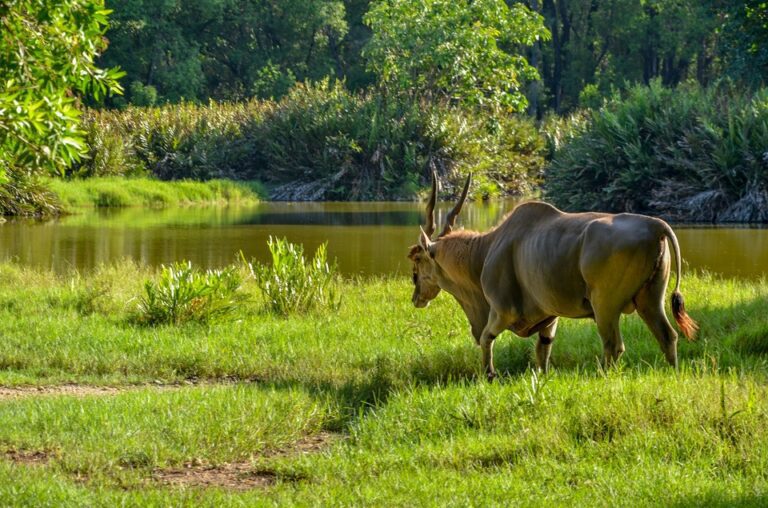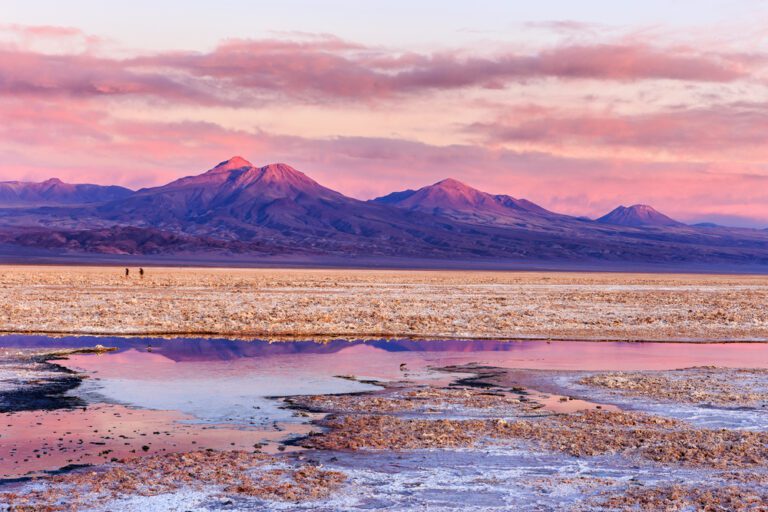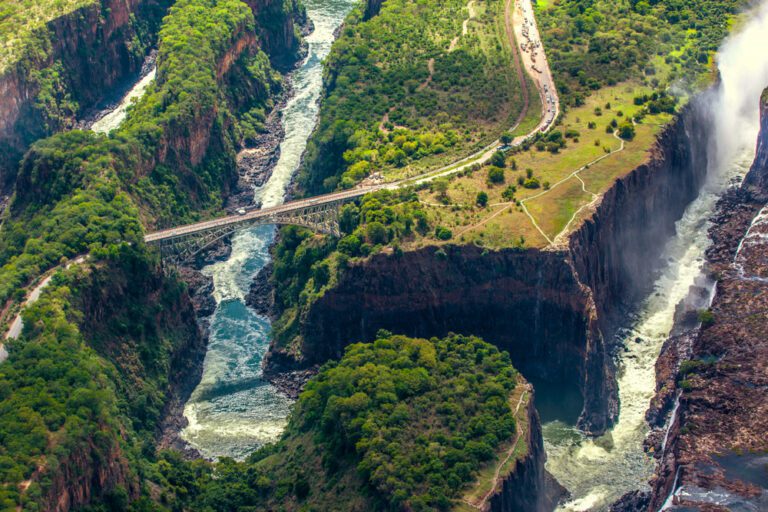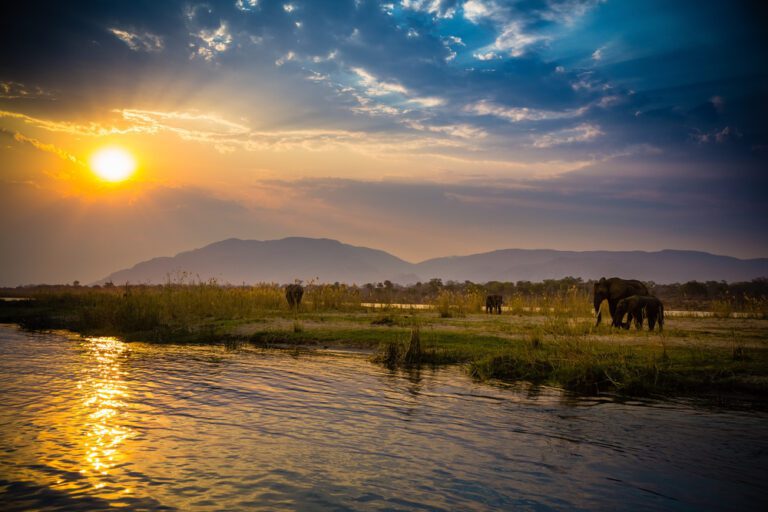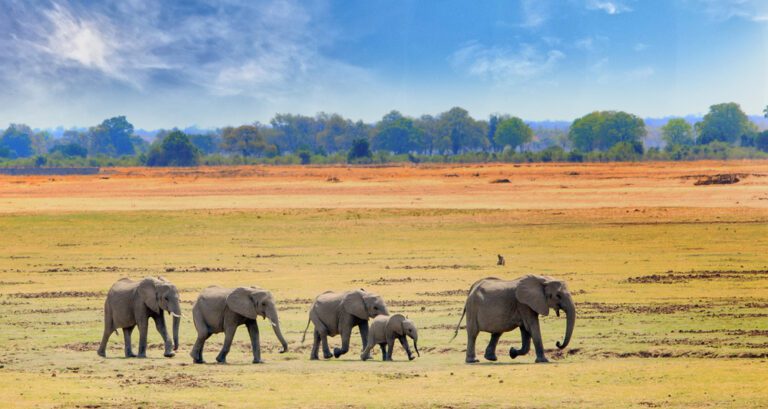Fujian is a southeastern Chinese province known for its mountains and coastal cities, and is traditionally described as “Eight parts mountain, one part water, and one part farmland”. Due to the province’s shoreline, the port towns of Xiamen, Fuzhou, and the island of Gulangyu all have streets and housing influenced by ancient world travelers. Pedestrian streets offer sights like 19th-century colonial villas, temples, and old-town districts, and in the city of Quanzhou, once visited by Marco Polo, there is fascinating Maritime Museum.

Fujian is rich in many ways. Being relatively secluded until the 1950s, the province boasts a canopy of healthy soil and forests, whereas many parts of China are experiencing soil erosion due to lack of forest cover. Manufacturing and other industries are abundant here, and span the gambit from tea production, clothing and sports manufacturers such as Anta, 361 Degrees, Xtep, Peak Sport Products and Septwolves. Many foreign firms also operate in Fujian, including Boeing, Dell, GE, and, Nokia, among others.
Quanzhou – Our introduction to this mountainous province was the drive to Quanzhou, the city that was the starting point of the Maritime Silk Road! The public tours of two temples, the Kai Yuan Temple and the South Shaolin Temple, are worth the effort. The Kai Yuan was originally built in 685 or 686 and features its main hall, named the “Mahavira Hall” where some columns have fragments from a Shiva temple built in 1 283 by the Tamil community. The South Shaolin temple is famous for its monks practicing martial arts!
A visit to the Quanzhou Maritime Museum that, through its broad and valuable display of historical relics, offers a glimpse into the development history of the major Eastern Citong Port and the vital role that Quanzhou played in economic and cultural exchanges with foreign countries. After a dinner of local favorite Mianxian Hu, a soup that prepared with oysters, shrimps and mussels over a slow fire, we were off to the heart of downtown Fuzhou, which has, instead of skyscrapers, a large area of ancient residential buildings! This area, known as “three lanes and seven alleys” contains about 150 ancient houses with courtyards and all are placed under some measure of heritage protection. The construction is very unique, as there are tiny seashells embedded in the walls from the sand that was collected to make the bricks!

Mt. Wuyishan – The next morning we once again explored the Three Lanes and Seven Alleys and enjoyed an amazing lunch of local foods. We then boarded the 10:30 train to Wu Yi Shan. The afternoon saw us visiting Plum Village (Xia Mei Cun), where the locals live life at a very slow pace and they all seem to know each other. In the past, it was a departure point for the boats carrying tea to the north of China, and with its 300 year-old buildings and small bridges, it was a picture postcard village. The locals treated us like stars and we were very grateful for the welcome.
The few hours here were spent in a back alley tea house with groups of old men playing cards, exploring temples, old houses, people watching and speaking about the bygone days and the changes in this village with the elderly. Wuyishan would offer a great many opportunities for video and picture-taking, with scenery rivaling the western hemisphere must-sees! We were treated to a big hike up to Tian You Peak. This would be the start of a visit to the whole area which is part of Mont Wuyishan, and a popular place for the Chinese. Tian You is not an easy climb. The energy and time it took to climb was well worth it, and the locals who told us to “keep climbing” were right. The view from the top was wonderful and filled with mountains, rivers, forest and nature as far as the eye could see.
In the afternoon we all climbed aboard bamboo boats for a little rafting down the beautiful Nine-Bend Stream. This was a great experience, as we had been watching the bamboo rafts all day from many different places including from way up high, and now it was our turn. Our trip down the down the beautiful Nine-bend Stream was magnificent, though we should not have listened to our oarsman as they said our feet would not get wet! It sure did not matter, as the sun was shining bright and the experience was memorable as we would go from lazily rowing around bends to being suddenly hurled over rapids!
After the activity-filled day, it was nice to settle in for the Impression Da Hong Pao (big red robe) Show. This internationally renowned nightly show is an important cultural tourism draw that highlights the splendid scenery of Mount Wuyi and its rich tea culture. The stage covers nearly one hectare and the 70-minute show offers 360-degree viewing and a capacity of two thousand!

Wuyishan – Our favorite stop this time round had to be at the Wuyi Palace, where the original Red Robe Tea was founded. The special tea, also known as ‘Rock Tea’ is the most expensive tea sold on the global market and only a few of the original bushes remain. The secret seems to be the soil which is exceptionally high in mineral content not found in teas produced outside of the region. We had an incredible tour of a tea house in a rural setting where they do everything with tea here, from growing to drying to sales from their private ‘tea Fault’ with very expensive vintage teas from decades ago!
The Tea ceremony itself was remarkable, with a serious protocol about to how to serve good tea with the right mountain water at the prefect temperature and how it must be served to the drinker. Very exotic! This was another great visit to China. As the country opens more and more to the world, visiting these out of the way places people hardly know about will be more common and if you want to see places that have major significance to the history of this remarkable ancient country, these are the places for you.


